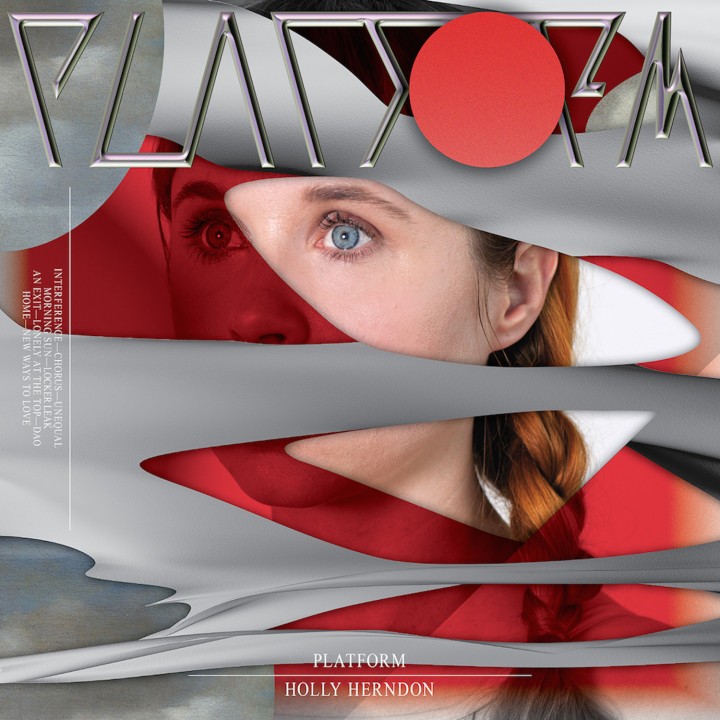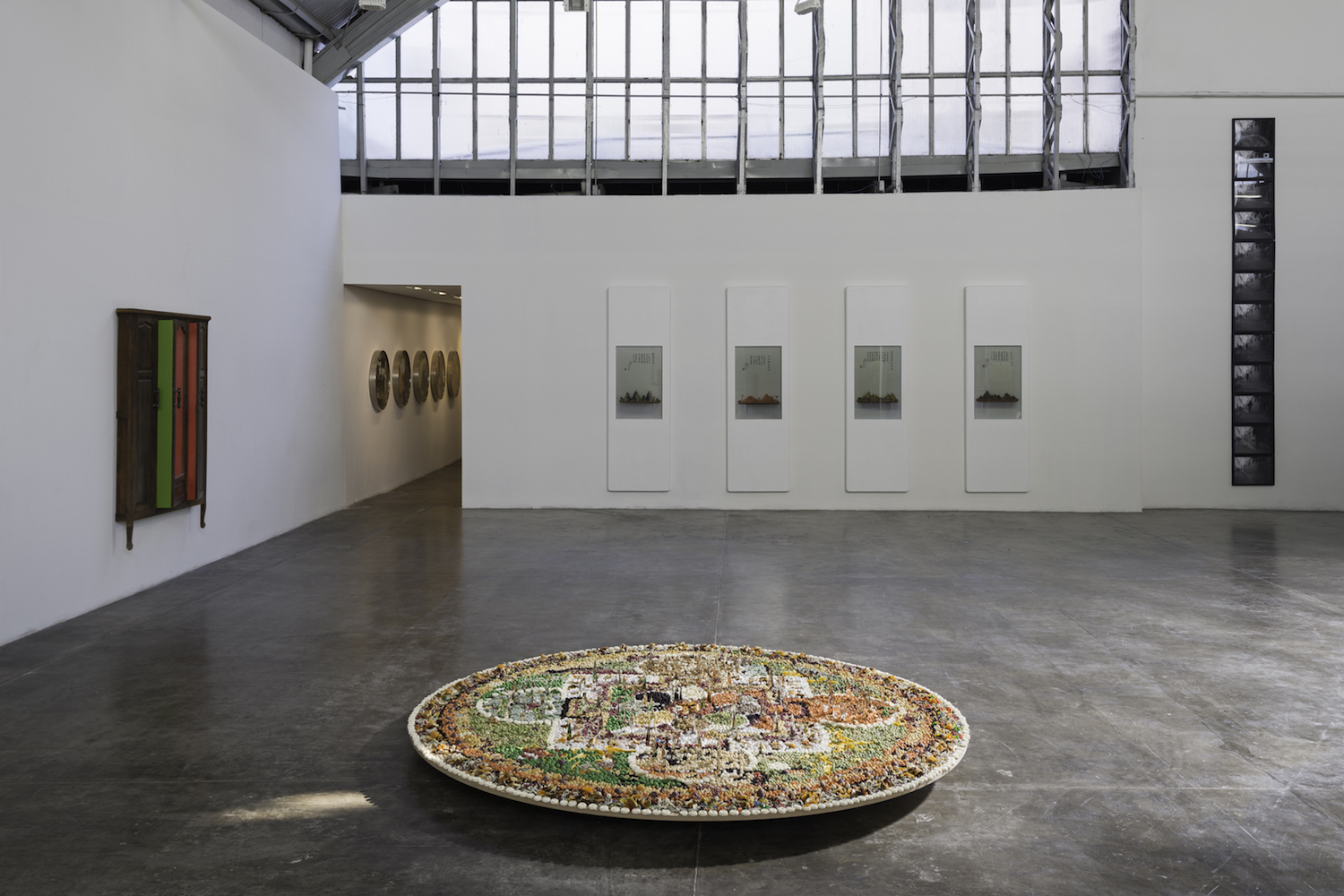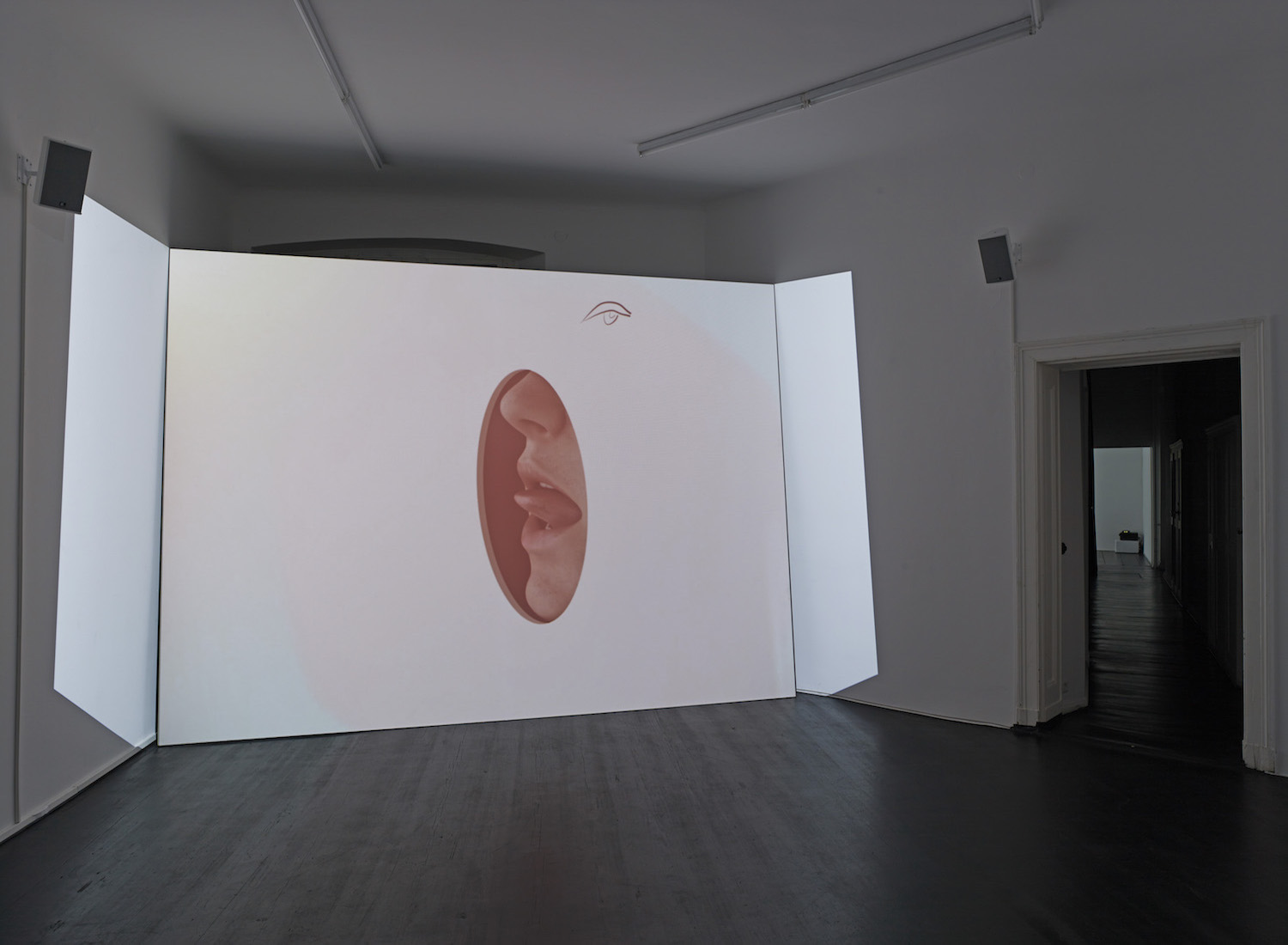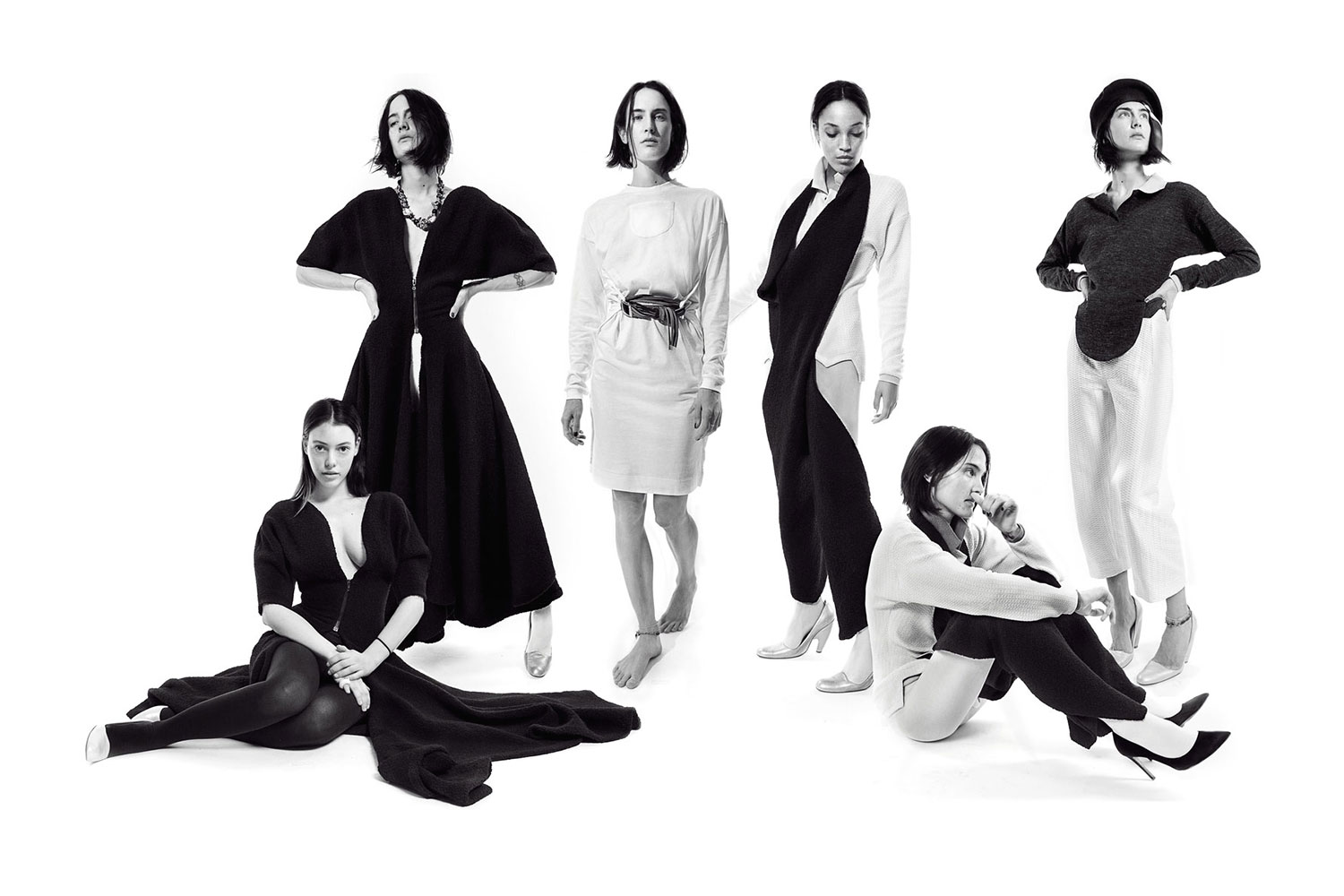“It wasn’t like Snowden happened and then I wrote ‘Home,’” says producer Holly Herndon from her own abode in Los Angeles. She’s just off a flight from a show in Chicago, spending her first night in her new house, on the phone and in her pajamas while being interviewed about her second album, Platform. “It was just more like a slow burn of realization. I just started to research it more and understand it more — and understand the extent to which it was happening. I think it just finally sank in.” By “it,” the producer — who releases her second full-length through RVNG Intl and 4AD on May 19 — means the culture of spying that the networked world routinely engages in and endures, often without realizing it. Because of global social media and governmental surveillance, the concept of privacy has changed radically over the past couple of decades, and Herndon’s music explores this explicitly. “It’s something that people in music really hate, or are almost allergic to — that if you theorize something, or if you talk about something, it takes away from the emotionality of the thing. It’s like music should just be felt with the heart or in some kind of emotional way, and I think that that’s really odd.” In “Home,” ghostly vocals contemplate surveillance (“I know that you know me / better than I know me”) amid a wash of whirring, racing, scuttling rhythms.
For her latest music video, “Interference,” Herndon and her collaborator-partner Mat Dryhurst worked with progressive graphic design agency Metahaven. It features mostly achromatic tones occasionally punctured by a blank red screen here, a full-color forearm there. The figure of Herndon herself appears from behind a tattered white flag as clattering sonic clusters swirl across cut and glitched vocal samples. A rarely heard word surfaces within the sound and is met with the video’s barely visible text that reads “EVERYWHERE AND NOWHERE.” It’s an equally aesthetic and unsettling experience. “I don’t believe in this strange separation of the soul and the mind,” says Herndon, speaking about what some might perceive as her overthinking of content and the privileged place of ideology in her music. “I think if something’s intellectually interesting then that can make something all the more emotional. I don’t understand this weird separation that music often has, where people get really upset by that idea.”
“Systemic inequality, surveillance states and neo-feudalism” are just some of the heady themes mentioned in the press release for Herndon’s Platform. They are addressed explicitly in track titles like “Unequal,” “DOA” (as in, “distributed autonomous organization”) and the creepy ASMR audio of “Lonely At The Top.” Here, artist and Berlin Community Radio presenter Claire Tolan whispers, “You’re so special, in so many ways,” in a track that’s without sound save for the soothing affirmations of the artist and the rubbing, massaging, salivating foley of bodies in motion. This is just one of several contributions to Platform by other artists working across disciplines, including New York-based composer and performer Colin Self, soprano Amanda DeBoer and Berlin-based Finnish production duo Amnesia Scanner. Herndon wants to be totally open about these contributions, with a transparent attitude that she says is all too rare. “Especially in music, you often have the ‘lone genius’ or the ‘lone icon,’ and it’s actually very rarely accurate. Usually there are a lot of behind-the-scenes people who aren’t being recognized,” Herndon says with a laugh. “So I don’t even know how radically different the process even is. It’s just more about being honest and open about how that process is working; working with people that aren’t necessarily musicians bringing in their ideas to the work.” Those ideas don’t only include Tolan’s work with the perceptual phenomenon of autonomous sensory meridian response on “Lonely at the Top,” but also an eight-channel ambisonic piece with performance artist Cuauhtémoc Peranda in “DOA” and Spencer Longo’s word sculptures in “Locker Leak.” Herndon explains that these contributions have “changed the approach toward lyric writing, or toward conceptual ideas around certain tracks, so I think about it more in those terms. As more a kind of decentralization or something, or a less hierarchical approach.”
Of course, ideas of “decentralized” and “nonhierarchical” structures are central to discussions of the internet, which is at the heart of Herndon’s concerns about global communication and networked technologies. They’re macro-events that have enormous consequences at the micro-level, and it’s a song like “Home” that situates both perspectives squarely within our relationships to our own networked devices. “I was really trying to get to that hyper-personal, almost domestic feeling that you have with your laptop,” Herndon says about “Chorus,” Platform’s lead single released last year. “Then with ‘Home,’ you could see it as break-up song. Where I’m like, ‘How could you do this to me!?’ But of course, we didn’t actually break up. It’s complicated.”





